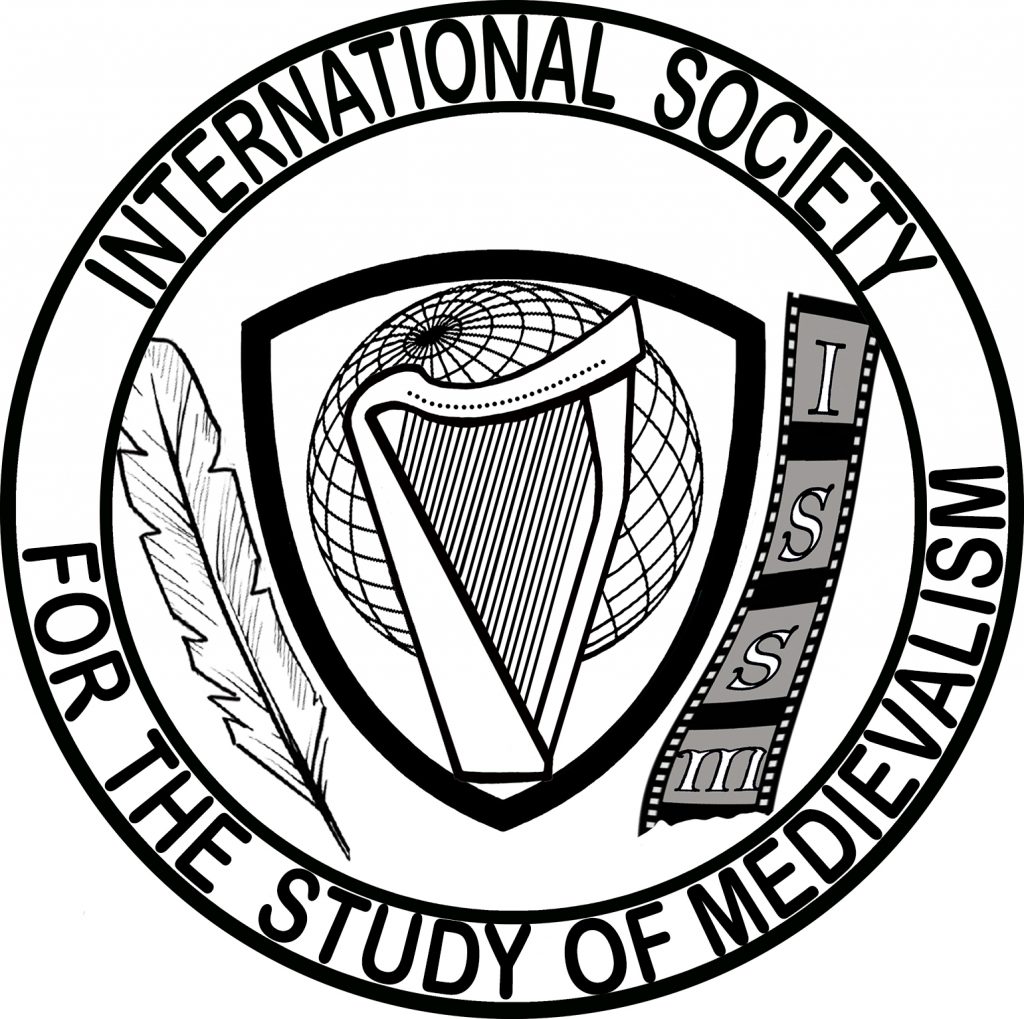ISSM will be sponsoring four sessions at Kalamazoo this year, all of which are virtual. Abstracts must be submitted to the ICMS website by 9/15/24 for consideration.
Knights on the Table: Medievalism in Board Games (Paper Session)
Popular tabletop board games frequently employ medieval themes: as convenient table-dressing, gothicized or romanticized; as Arthuriana, or inspired by Norse or Celtic myths; as medievalizing in a fantasy genre; and as representative of global medieval worlds. Moreover, as arts of agency and experiments in value structure, analogue games offer perspectives on medievalism distinct from those offered by video games and role playing games. This session seeks papers from any field or methodological framework that investigate medievalism, construed broadly, in tabletop board games, whether in terms of production (analysis of material representation) or reception (analysis of ludic experience). Email Angela Weisl (angela.weisl@shu.edu) with questions.
Medievalism and Cultural (Mis)Appropriation (Paper Session)
Popular medievalisms draw on a blend of historical and fantastical material in their worldbuilding. When it comes to the depiction of premodern cultures, this means that a variety of cultural practices and worldviews are combined to establish identities thought to be “inherently medieval,” such as “Viking” or “Celtic.” What do these acts of cultural appropriation tell us about the imagined audiences for these texts? Their understandings of the cultures from which they draw (without attributions)? This session investigates recent versions of medieval culture to determine how they might reflect the use and abuse of concepts like indigenousness, ownership, and progress. Email Leah Haught (lhaught@westga.edu) with questions.
Medievalism and Disability (Paper Session)
This session seeks investigation of disability and neurodivergence in contemporary medievalist productions. How do disability and neurodivergence function in these narratives? How are they portrayed? How do these portrayals intersect with medieval historical and literary examples of disability and neurodivergence? Email Carol Robinson (clrobins@kent.edu) with questions.
Medievalism and Modern Monarchy (Paper Session)
Many nations are monarchies, tracing their roots to the Middle Ages. How do these institutions relate their medieval pasts to their roles in the modern world? Some monarchies use the medieval to emphasize legitimacy and longevity; others downplay it, and seek to reinvent themselves for a modern, democratic society. Medievalism can also be used to legitimize “invented” modern monarchies, such as Napoleon’s use of the Merovingian bee symbol, and Central Africa’s emperor Bokassa’s regalia modeled on that of medieval European kings. This session seeks papers that explore these various monarchies and their use of (or disavowal of) the medieval. Email Angela Weisl (angela.weisl@shu.edu) with questions.

